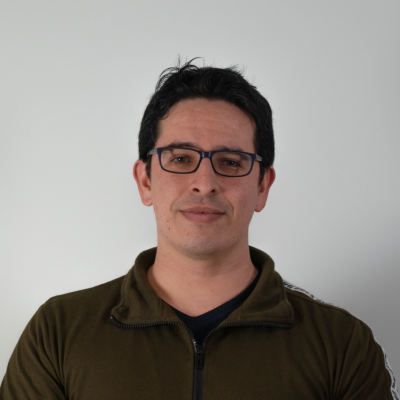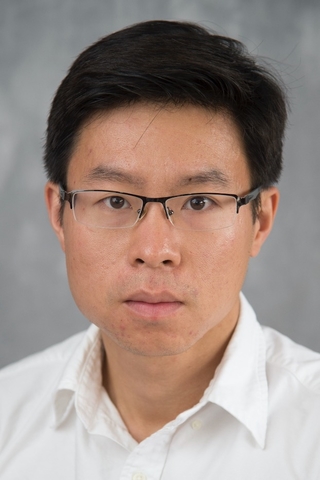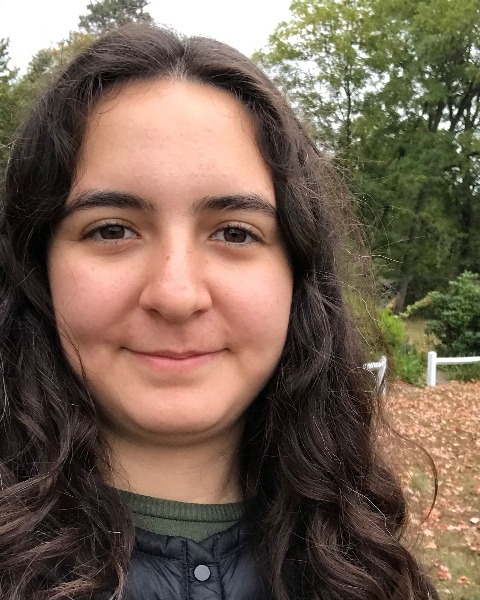2025 AOCS Annual Meeting & Expo.
Lipid Oxidation and Quality
Advanced Hybrid Techniques for Modeling Time-Dependent Data in Food Science

Carlos Parra-Escudero
PhD candidate
university of massachusetts amherst
Amherst, Massachusetts, United States
Jiakai Lu, PhD
Professor
university of massachusetts amherst
amherst, Massachusetts, United States- SS
Shyamvanshikumar M. Singh
PhD
Purdue University, Indiana, United States - CC
Carlos M. Corvalan
Professor
Purdue University, Indiana, United States 
Ipek Bayram, PhD (she/her/hers)
Professor
University of Ankara
Amherst, Ankara, Turkey
Eric A. A. Decker
Professor
University of Massachusetts Amherst, Massachusetts, United States
Presenting Author(s)
Co-Author(s)
Accurately modeling the kinetics of various processes in food science is essential for optimizing product quality and shelf life. This presentation introduces our innovative methodologies for uncovering models of time-dependent data series using a hybrid framework that integrates machine learning with traditional modeling techniques, focusing on antioxidant degradation in food oils. Understanding the degradation kinetics of antioxidants is crucial for predicting shelf life and ensuring product quality. Traditional methods often fall short in capturing the complexity of these processes, necessitating advanced modeling techniques.
Our work includes modeling the degradation kinetics of single α-tocopherol in soybean oil for early prediction of the shelf-life. We then extended this approach to mixed systems, such as α-tocopherol and myricetin, using machine learning to determine the degradation rate of α-tocopherol for the development of a suitable model for shelf-life prediction. Subsequently, we applied this methodology to model the degradation kinetics of single myricetin, using sparse regression to derive differential equations from the produced data. Finally, we revisited the α-tocopherol-myricetin system to propose a differential equation model that captures their interactions.
Our hybrid framework successfully derived parsimonious differential equations that describe degradation kinetics over a wide range of initial concentrations and extrapolate well beyond the learning data. Additionally, we characterized the degradation dynamics of tocopherol in the presence of myricetin, revealing previously uncharacterized mutualistic interactions. These learned interactions were leveraged to construct a reduced-order, analytically tractable model based on Hill saturation kinetics.
This innovative approach enhances our understanding of complex food systems and provides a powerful tool for predicting and optimizing various processes, ultimately improving product quality and reducing waste. Our work underscores the potential of advanced modeling techniques to revolutionize food science research and industry practices, making it highly relevant to the AOCS community.

.png)